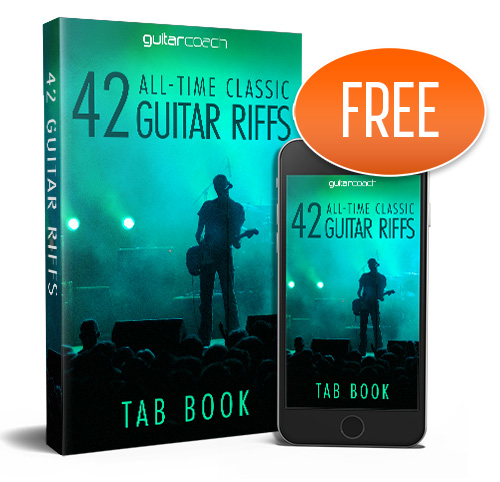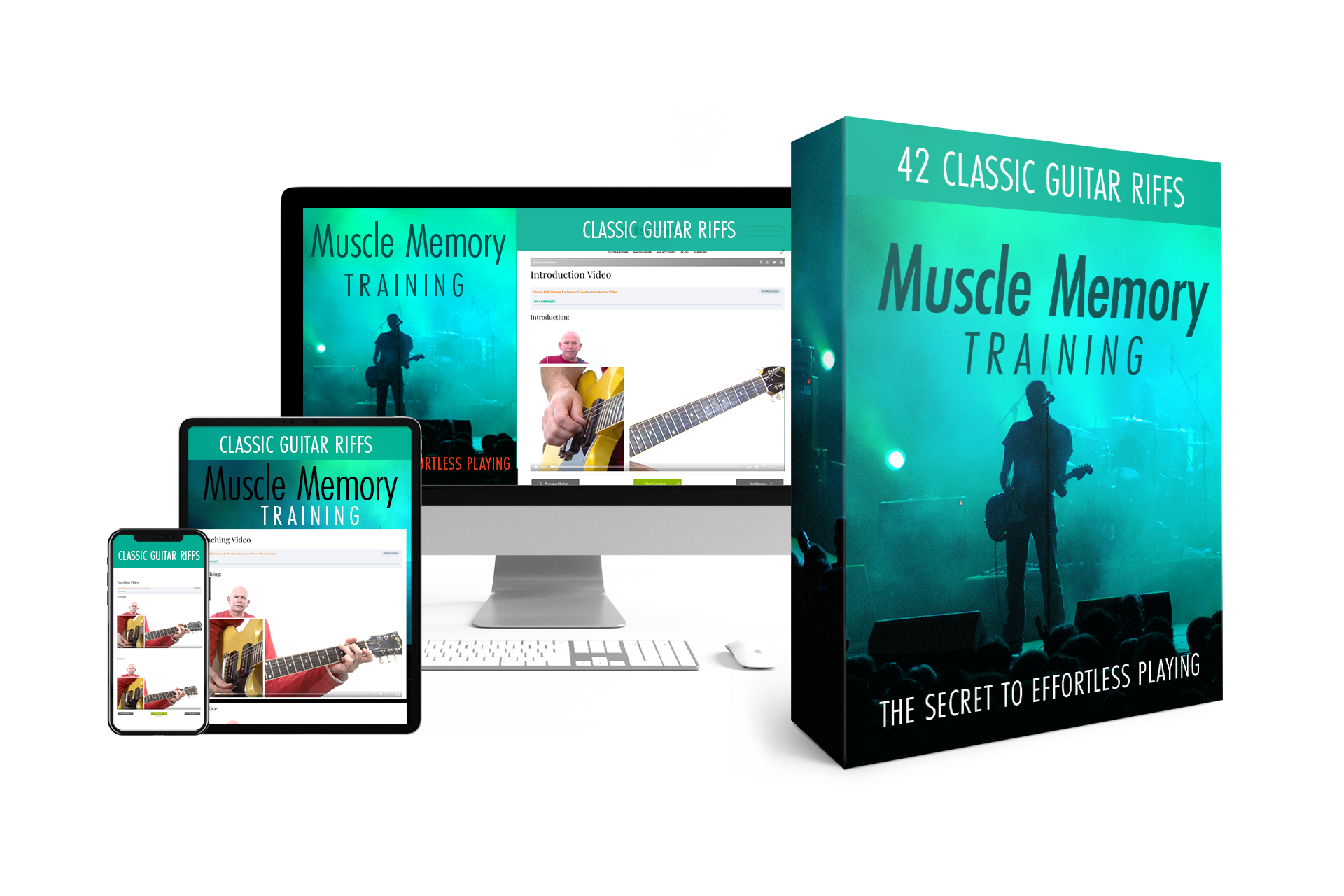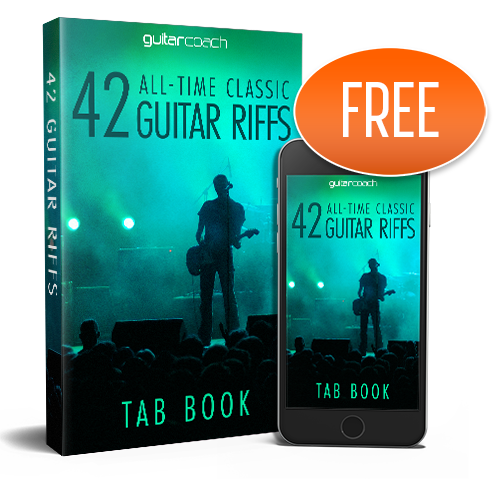 Tablature. I loathe it.
Tablature. I loathe it.
As far as I am aware, the guitar is the only instrument that offers the system. As a professional guitar teacher and performer I tell my students that we are musicians first, guitarists second, and I will always try to dissuade them from a reliance on tabs in favour of reading notation.
I am completely in favour of any new aspect that helps players improve, whether this be tuition DVDs, software that slows down and isolates passages of music, YouTube presentations and so forth. All of this is good stuff and if it helps you then good; everybody learns in different ways and has different goals. My contention is that tablature hinders rather than helps.
Standard Notation vs. Tablature
Take a piece of music in standard notation. Everything you need to know to play it is there: time and key signature, notes and their respective durations, rests, tempo, alterations to tempo, time or key, accidentals, dynamics, expression suggestions and so forth. In guitar-specific pieces, left-hand fingering and string usage may be suggested.
If the same piece is represented in tablature, even if placed underneath the notation, very few of these musical aspects are duplicated. Instead, you are given the string and fret position needed to reproduce the note. That’s it. If the notation is absent, then the player has to rely on a combination of listening to the piece and trusting the accuracy of the transcriber, and there are some real howlers on the Internet.
There are other problems. Notation, whilst not being entirely free of misprints, is a lot more reliable. And what of fingering? If you are playing from tablature, you are reliant on the transcriber’s opinion. One of the joys of playing guitar is that, except in the lowest and highest registers, there are multiple locations for each note. And your hands are not the transcriber’s hands; you may find a passage easier in a different fretboard position, or when utilising open strings to facilitate movement from one area to another. The most important thing is the quality of the music you produce, its capacity to move you and your audience, to communicate. I find tablature too restrictive in this respect.
“The most important thing is the quality of the music you produce, its capacity to move you and your audience, to communicate. I find tablature too restrictive in this respect.”
There is another, more important aspect. As your playing improves there may come a time when you’re asked to join a group. If you’re a tablature player and you are presented with a piece in notation form, you are screwed. And if it’s a paying gig, doubly so. Everybody else plays from notation; if you don’t learn it you are isolating yourself both from the opportunity to play with other musicians and also to earn money from the experience. In my experience, the more you play with other people, the better a player you will become, and notation, rather than tablature, will assist you with this.
“If you’re a tablature player and you are presented with a piece in notation form, you are screwed.”
Reading music really isn’t difficult. Sure, it’s an abstract language that has its own peculiar set of signs, shapes, rules and peculiarities. But the more you work at it the easier it gets. Hang on – isn’t that just like learning to play the guitar? You’re doing that, right? And the vast majority of us (no matter how long we’ve been playing, how ‘good’ you are, what exams you have or haven’t passed) will always admit that we’re all still learning. I tell my students that I’m exactly like them, only a little bit further up the musical mountain. The mountain that doesn’t have a summit!
About the Author
Richard is a professional guitarist and teacher. He plays classical, electric, and acoustic guitar, mandolin, banjo, ukulele and – on a bad day – the bagpipes. When not playing guitar he enjoys reading (quite good), playing chess (not so good) and writing about himself in the third person. Visit his website at richardjamesguitarist.co.uk.




